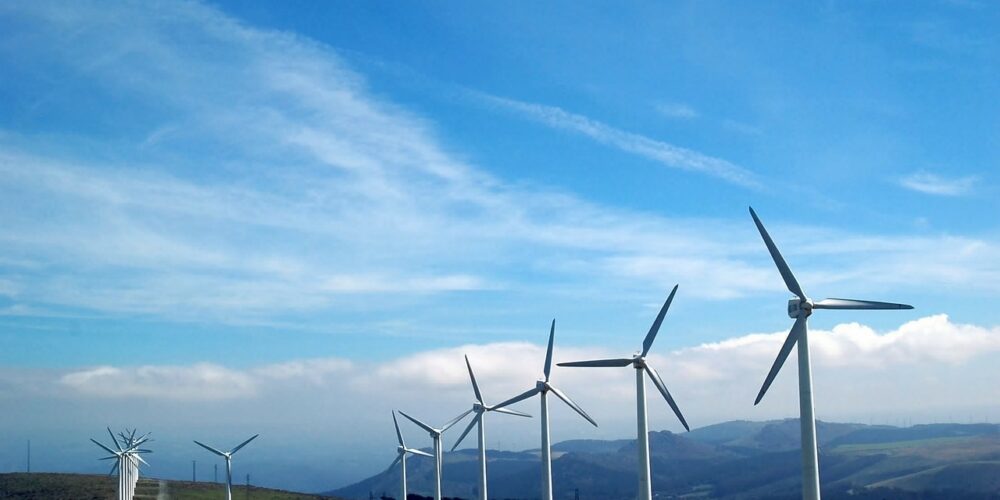The CAP talks have stalled. That means no new environmental schemes until the powers that be, the parties to the negotiations, are all in bed with big-money capitalism. The result, of course, will benefit large corporations and factories, not small or medium farmers, meat-factory workers, or all the rural workers.
Now when the talks do start we need all the MEPs that are sympathetic to workers’ causes to let their voice be heard in the EU. We need more MEPs like Clare Daly and Mick Wallace.
Covid
The situation in the meat factories concerning covid is the worst in the country. Accommodation for foreign workers is absolutely terrible, with four to ten people sharing a room and then working in different factories.
The plight of these migrant workers is a national scandal. The meat factories have turned a blind eye to workers’ conditions long enough. Both they and the farmers are exploited beyond reason, and the Government won’t say a word. The Government has not got the people’s interests at heart. Capitalism is the enemy of both rural and urban workers.
Wind farms
Coole Windfarm approached Westmeath farmers, wanting to put industrial wind farms on some farms, and roads and bridges in others, totally disregarding drinking water, livestock, and the fact that extracting gravel and stone on farm sites puts the sheds in the farm in danger of collapse. So it was rejected by the farmers, and the project was ended.
But it came back, this time in the local bogs, with huge turbines and 950+ wind farms about 1 km from the local houses. North Westmeath Turbine Action Group was set up to campaign against industrial wind farms. Another group came into the picture, the European Platform Against Windfarms, which is active in more than thirty-six countries in Europe. It is affiliated with the North American Platform Against Windfarms; so this is essentially a world war against large-scale wind farms.
The EPAW believes in implementing the Aarhus Convention (2008) and the reports of the Strategic Environmental Assessment (SEA) and Environmental Impact Assessment. Essentially, this is the right of citizens living in the vicinity of industrial wind farms to have full consultation and involvement in all aspects of the project, from beginning to end.
But the Coole Windfarm had no intention of abiding in full by the Aarhus Convention, so two groups strive to stop the wind farms or, at least, to ensure that the local community get full participation in all matters as well as a percentage of the wind farm’s annual profits, to be used for local revitalisation; in other words, let this corporation know that rural areas are not there to be exploited by capitalist hyenas.
The first submissions to the county council ended in a No decision—a reasonable result. The second round of submissions ended in a victory for the No groups. Now, despite the county council making a decision, Coole Windfarm goes straight to An Bord Pleanála, where there is another round of submissions. This time Coole Windfarm wins, making the county council almost irrelevant, a talking-shop, whose decision could be overruled if it doesn’t adhere to government policy. So next is the judicial review. Fund-raisers were organised to raise the money—table quizzes, walks, etc.—and were successful. The judicial review is continuing.
The Coole Windfarm was taken over by a Norwegian outfit, Statkraft, which has links to the General Electric Company. They tried again, trying to run an underground cable to link the planned wind farms to the substation and the electricity grid. So another round of submissions, and this time a victory for the Noes and the rights of the people.
All in all, the people in this campaign have done very well. Four successes out of five is a good result; it shows that rural and urban communities and two separate No organisations, with different tactics, can produce very good results.
But this is only one battle in a world conflict, a people’s global war against corporate government exploitation of rural areas, which are deemed irrelevant by the powers that be but whose resistance is like the people’s struggle of the past.
■ A future article will talk about the socialist (not social) farming of the 1960s and 70s, the struggle to keep the local clinic against vultures, armchair farmers, and lots more!






